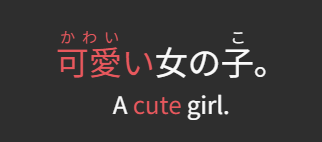I’ve never heard anyone actual use 女人 in every-day situations in Japanese. It is used in Chinese, though.
女の子 is a set expression that means “girl” but usage seems relatively flexible depending on perspective and social context. There have been situations in which I’ve seen women in their late 20s being called 女の子 but it doesn’t seem to be the norm. In those contexts I’ve also seen people drop the 女の further down the conversation and just use 子 which was very confusing the first time I saw this happen in a Google Review for a maid cafe. Like “Why would you call the staff member a child?”
女子 also means girls but seems to be narrower in the age range. An exception being set terms where 女子 can be used regardless of age.
For example:
-
理系女子,
- 女子会
- 腐女子
女の人 seems to be the default relatively neutral go-to way to refer to a woman and appears to be safe in most contexts.
女性 appears to be more formal, I’ve mostly seen older people or news reports use this. I often watch street interview youtube channels and I have the general impression that a person over 60 will tend to use 女性 and 男性 more than younger people. Online newspapers also default to 女性 most of the times.
女 seems almost aggressive. outside of anime immersion, IRL I’ve only been in one situations where someone used it. It was a casual conversation with someone about a common twitter follow, she visibly struggled to say anything particularly nice about her, thought for a moment and said 面白い 女


